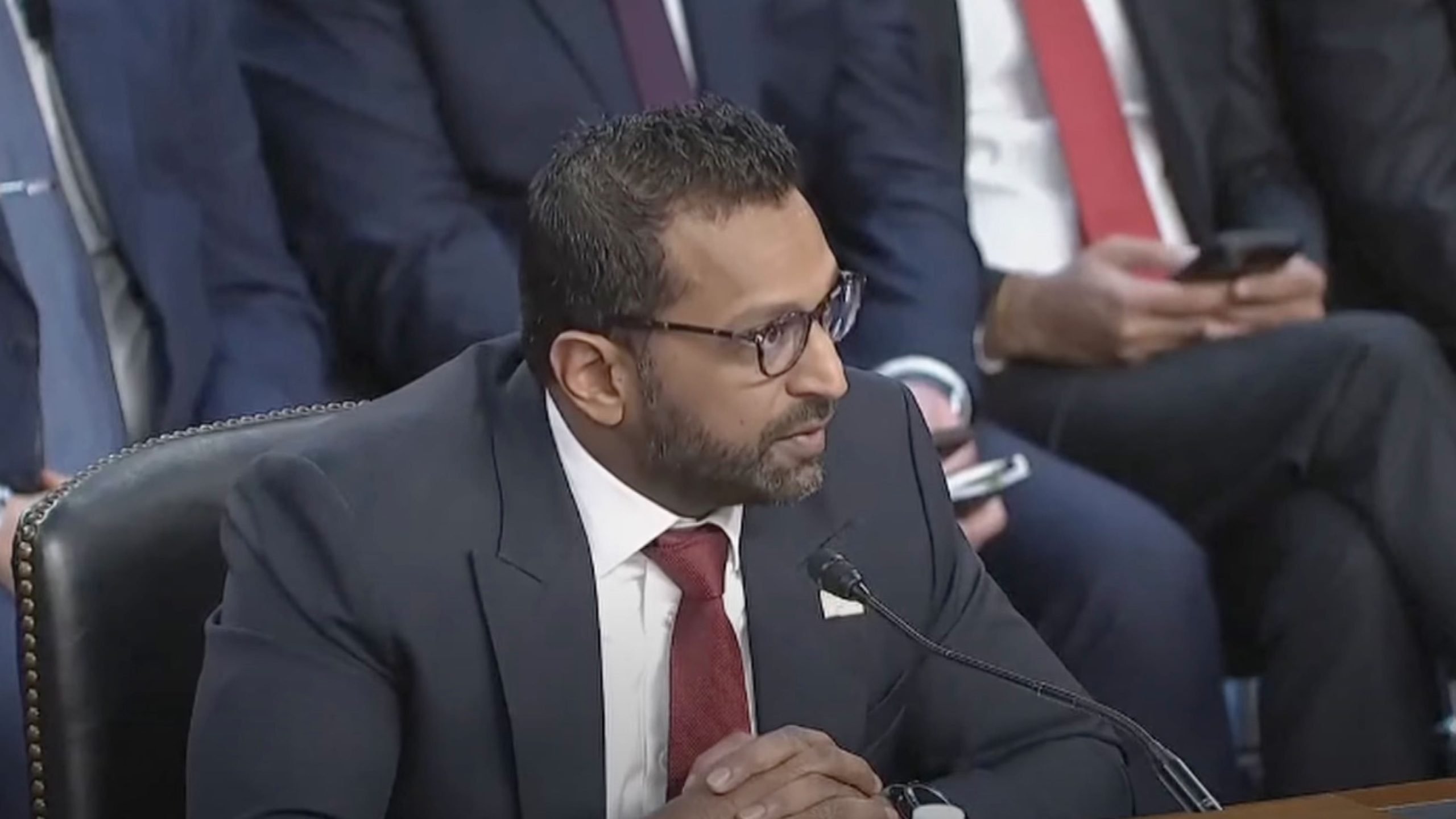Kash Patel, President Donald Trump’s nominee for FBI director, has contradicted Director of National Intelligence nominee Tulsi Gabbard and has voiced opposition to requiring a warrant for searches under Section 702 of the Foreign Intelligence Surveillance Act (FISA), arguing that such a mandate would hinder national security operations.
During his Senate Judiciary Committee confirmation hearing, Patel defended the current process, which allows the government to access vast amounts of data from social media platforms, email services, and other sources without obtaining a case-by-case warrant. While this data collection is intended for foreign targets, the FBI has also conducted searches on Americans without prior judicial approval. Patel maintained that imposing a warrant requirement would be impractical.
“Having a warrant requirement to go through that information in real-time is just not comported with the requirement to protect American citizens,” he stated. “It’s almost impossible to make that function and serve the national, no-fail mission.”
More: FBI used controversial FISA warrants to spy on over 3 million Americans
Despite acknowledging that the FBI has misused this authority, Patel resisted calls for additional judicial oversight. When questioned by Sen. John Cornyn (R-Texas), he emphasized his past experience using such intelligence to rescue American hostages overseas.
“The issue has been those that have been in government service and abused it in the past. And so we must work with Congress to provide the protections necessary for American citizens,” Patel said.
Patel has consistently separated himself from the views of previous FBI directors and has voiced concerns about mass surveillance on American citizens, emphasizing the need to prevent intelligence agencies from overstepping constitutional boundaries. This was something previous FBI directors have sidestepped and played down.
However, while Patel supersedes his potential predecessors in this way, his firm opposition to requiring a warrant for Section 702 data searches presents a potential contradiction in his stance.
A warrant serves as an independent safeguard, ensuring that agencies like the FBI are operating within legal and constitutional limits rather than relying on self-policing. Without a warrant process, there is no external oversight to verify that surveillance activities remain focused on foreign targets and do not infringe upon the privacy rights of Americans.
Patel has not clearly outlined how he intends to prevent the misuse of intelligence tools against US citizens while also rejecting judicial oversight in the form of warrants.
Regardless of Patel’s stance, this month’s United States v. Hasbajrami ruling delivers a significant blow to warrantless surveillance, rejecting the government’s claim that intelligence agencies can freely search Americans’ communications under Section 702.
By affirming that such searches require a warrant, the court challenges years of unchecked data collection and shows the systemic overreach that has allowed millions of warrantless FBI searches.













